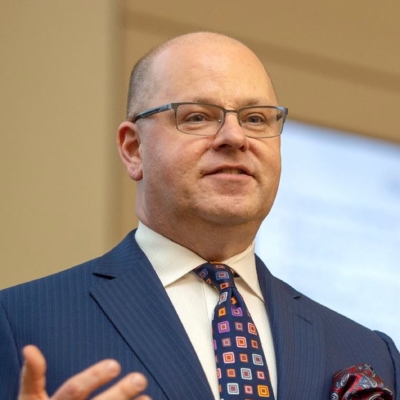IP At The Supreme Court: A Quiet—But Possibly Busy—Year
Summary
With only two cases on the docket so far and a few high-profile cases more than a year away, Term 2018 is shaping up to be a sleepy one for intellectual property at the Supreme Court.
“I think relative to previous years it’s a pretty quiet year, said Mark Lemley professor at Stanford Law School. Lemley joins others in looking ahead to battles over sovereign immunity in administrative patent proceedings, as well as a copyright battle between Oracle and Google. But those cases aren’t likely to land at the court’s conference till next year, meaning that any hearing would likely get pushed to Term 2019.
…
Lemley said the issue touches on an increasingly challenging area of patent law, which is what exactly constitutes public prior art. Historically, if something appeared in a book or a product, that was a simple question to answer. “We didn’t have a category for ‘we tweeted about it’ or ‘I had a poster presentation at a scientific conference at which people could see my PowerPoint presentation but not get a copy of them,’” Lemley said.
But to rule for Helsinn, Lemley and Holbrook argue, the court would have to overrule numerous precedents that have guided those kinds of decisions for more than a century. The court would have to be “willing to mess with a lot of patent law in order to say, ‘As long as I declare my sale confidential, it’s not prior art anymore,’” Lemley said.
…
“There are some things that are more important that they be decided than they be decided correctly,” Lemley quipped. “Getting this resolved will be useful, but I expect this to be a short unanimous opinion that no one pays much attention to thereafter.”
…
Opinions are split as to what the court meant. “I think what they were trying to do, which they’ve done in lots of cases relatively recently, is try to be as narrow as possible in their rulings,” Lemley said. Patent holders might try to bring retroactivity challenges. “I just don’t think they’re going to go anywhere,” Lemley said.
Read More
